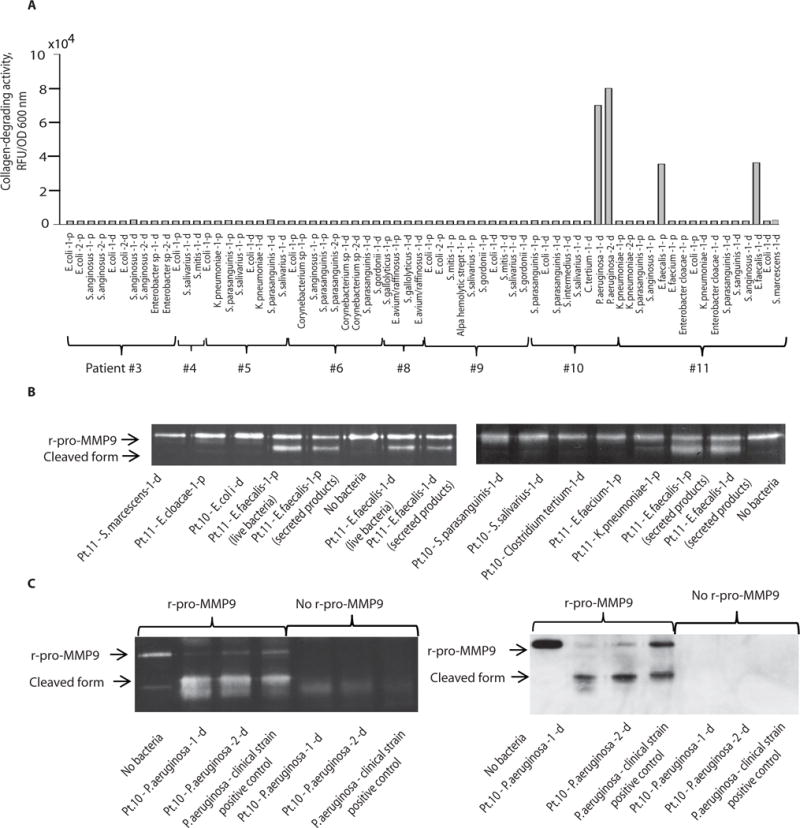Fig. 5. Isolation of bacterial species from resected intestinal samples from surgical patients.

Shown are species identification, collagen-degrading activity, and MMP9 cleavage capacity among 68 bacterial isolates cultured from the proximal (p) and distal (d) ends of resected intestinal specimens from 11 patients undergoing colon surgery. A. Culture results of bacterial species and their collagen-degrading activity from patients #3 to #11; patients #1 and #2 were culture negative. B. Zymography demonstrating the ability of isolated strains of E. faecalis to activate cleavage of human recombinant pro-MMP9 (r-pro-MMP9) to its active form. C. Zymography (left panel) and Western blot (right panel) demonstrating the ability of P. aeruginosa human isolates to activate cleavage of human r-pro-MMP9 to its active form. P. aeruginosa positive control is a human stool isolate maintained in our laboratory that is known to have high collagen-degrading activity as well as the ability to cleave MMP9.
